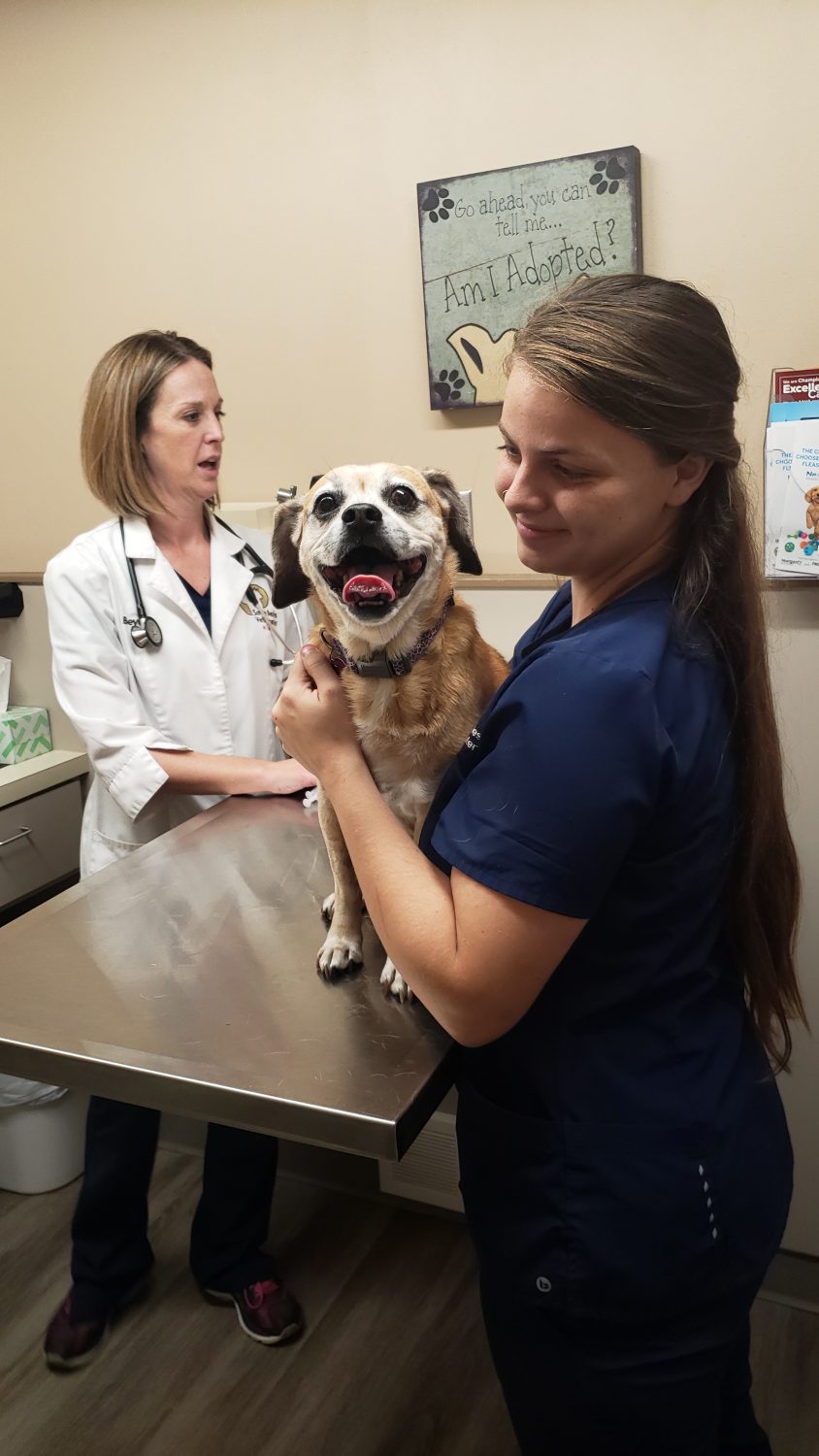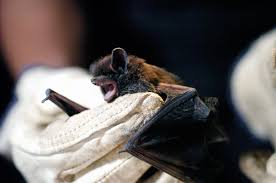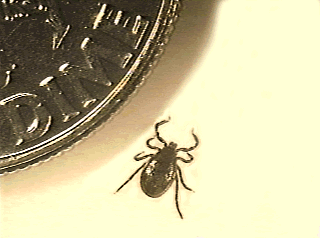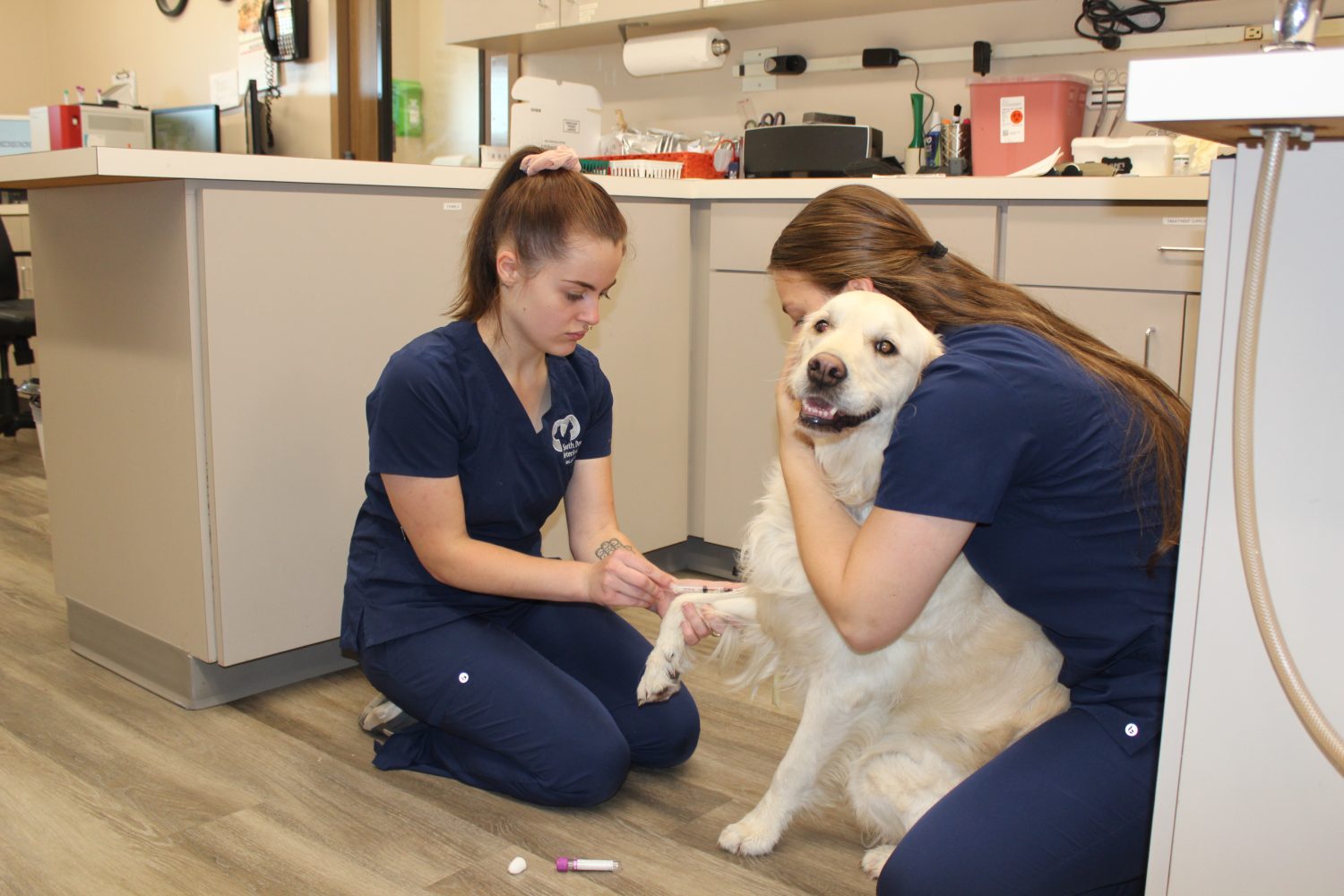Posts Tagged: dogs
Vaccines 101: For Dog Owners in Des Moines, Iowa
 Vaccines should be catered to each individual pet. Location, lifestyle and the dog’s health are all things that should be taken into account when determining what vaccines your dog should have. Your Veterinarian will partner with you to create a plan to keep your pooch at his healthiest!
Vaccines should be catered to each individual pet. Location, lifestyle and the dog’s health are all things that should be taken into account when determining what vaccines your dog should have. Your Veterinarian will partner with you to create a plan to keep your pooch at his healthiest!
First off, location does play a factor in what vaccines are necessary for your pet. There are certain diseases or bacteria that are more relevant in our area than other parts of the country and vice versa. The rattlesnake vaccine is unheard of in Iowa for obvious reasons, but down south in certain areas, you may see a dog with this vaccine. We also have different wildlife and bugs that transmit certain diseases in our area. For example, have you ever found a tick on you, your pet, or someone you know? In Iowa, approximately 1 out of every 36 dogs was diagnosed with Lyme Disease in 2018. In South Carolina, it was 1 out of 84 dogs, and in Louisiana 1 out of 748. Location definitely matters.
Your dog’s health also plays a factor in vaccines. If your pet is sick or has some sort of illness, this can play a role in whether or not timing is good for vaccines. Maintaining a relationship with your veterinary team is essential for this.
Lastly, lifestyle plays a factor. Where your dog goes, what activities he partakes in, what types of animals he interacts with, all will play a factor in your pet’s needs. So lets break down the vaccines and talk about when and why certain vaccines are important.
Rabies Vaccine: When we think about Rabies, we tend to associate it with an angry dog drooling heavily like in the movie, Old Yeller. While this can be an accurate representation of Rabies, there’s more that you should know. First off, Rabies is fatal in an unvaccinated dog. Always. Let that sink in for a moment. It is always fatal. There is no treatment, there is no way to stop it once contracted.
Secondly, Rabies is zoonotic. This means that it can be transmitted from animals to humans, typically through a bite. Many types of mammals can contract Rabies, not just our companion animals. In Iowa, the more common wild mammals to contract Rabies are skunks, bats, raccoons and foxes.
Distemper Combo Vaccine: This is another very contagious disease and can also be fatal. There is no cure for distemper, only supportive care can be given once exposed. Puppies and dogs with compromised immune systems are most at risk for this disease. The combo vaccines typically protect your pooch against specific upper respiratory viruses as well as the commonly known, parvo virus. Parvo is spread dog to dog through feces, both directly and indirectly. Puppies are most at risk from this disease. Following a vaccine protocol provided by your veterinarian and avoiding potential high traffic dog areas for the first couple of months is important if you have a new puppy. Recovery from parvo can be dependent on how quickly your pup receives treatment. It is also very expensive to treat with no guarantee on recovery.
Leptospirosis (Lepto) Vaccine: While we used to consider dogs that went hunting or swimming often most at risk for leptospirosis, we  are finding that dogs that only go outside in their own backyard are just as much at risk in Iowa. Leptospirosis is a bacteria that is spread through the infected urine of wildlife. Common carriers include deer, raccoons, oppossums, skunks, and other rodents that we may see in our neighborhoods. This can also be spread to humans. Many times we see an increase of Lepto after heavy rainfalls or flooding in our area. If caught early, lepto can be treated by your Veterinarian. The vaccine protects against the 4 most common strains of Leptospirosis.
are finding that dogs that only go outside in their own backyard are just as much at risk in Iowa. Leptospirosis is a bacteria that is spread through the infected urine of wildlife. Common carriers include deer, raccoons, oppossums, skunks, and other rodents that we may see in our neighborhoods. This can also be spread to humans. Many times we see an increase of Lepto after heavy rainfalls or flooding in our area. If caught early, lepto can be treated by your Veterinarian. The vaccine protects against the 4 most common strains of Leptospirosis.
Bordetella Vaccine: Bordetella, commonly known as kennel cough, is a high contagious respiratory infection spread from dog to dog. Symptoms include coughing, hacking, gagging and lethargy. If your dog interacts with other dogs or visits high dog traffic areas on a regular basis he/she should have this vaccinate. If you take your pooch to the following places in Des Moines on a regular basis, he/she should be vaccinated:
- Dog Park
- Gray’s Lake
- Doggy Daycare
- Pet Store
- Boarding Facility
- Groomer
- Farmer’s Market
- Any other places with high dog traffic
Canine Influenza Virus (CIV): Commonly known as the dog flu, canine influenza is also high contagious betwe en dogs. Symptoms can appear similar to kennel cough, but can develop into more severe cases with high fevers or pnemonia. While humans get their own version of influenza, there are no cases of the canine influenza being transmitted to humans. If your pet is at risk for kennel cough, he/she is also at risk for influenza and should be vaccinated against both.
en dogs. Symptoms can appear similar to kennel cough, but can develop into more severe cases with high fevers or pnemonia. While humans get their own version of influenza, there are no cases of the canine influenza being transmitted to humans. If your pet is at risk for kennel cough, he/she is also at risk for influenza and should be vaccinated against both.
Lyme Vaccine: Lyme disease is the most common vector-borne illness spread by ticks. While ticks can transmit lyme disease to humans, it is not zoonotic. In Iowa, we tend to see the most ticks in the spring and fall, when the weather is a little bit cooler. People commonly think ticks are typically found in trees, but this is a myth. We tend to find ticks in areas where there is tall grass. If you have ever found a tick on yourself or  a family member, your pet is also at risk and he/she should be vaccinated for Lyme disease. In Iowa, approximately 1 out of every 36 dogs gets Lyme disease. Symptoms of Lyme disease in your pooch include lameness, swollen or painful joints, lethargic and decreased appetite.
a family member, your pet is also at risk and he/she should be vaccinated for Lyme disease. In Iowa, approximately 1 out of every 36 dogs gets Lyme disease. Symptoms of Lyme disease in your pooch include lameness, swollen or painful joints, lethargic and decreased appetite.
Rabies, Distemper combo and Leptospirosis vaccine are all considered core vaccine in our area. This means all dogs should be protected  against these dieases for their healthy and safety. Bordetella, Influenza and Lyme are what we call “lifestyle vaccines”, meaning if their exposure is high to these potential dieases, vaccines should be considered. Teaming up with your Veterinarian to discuss you dog’s health, location and lifestyle is the best way to make a plan to keep you pup happy and healthy!
against these dieases for their healthy and safety. Bordetella, Influenza and Lyme are what we call “lifestyle vaccines”, meaning if their exposure is high to these potential dieases, vaccines should be considered. Teaming up with your Veterinarian to discuss you dog’s health, location and lifestyle is the best way to make a plan to keep you pup happy and healthy!
Need to set up an appointment, click here.
Microchip Your Pet: It Can Save Their Life
Is Your Pet Microchipped?
If the answer is “no” or “I am not sure”, now is the time to connect with us.

What Is A Microchip?
A microchip is a permanent form of identifcation for your pet. It is approximately the size of a grain of rice and is administered between your pet’s shoulder plades.
How Does It Work?
We never expect our kitty to sneak out the door as the kids are racing in and out of the house. We never expect our pooch to bolt when the fireworks go off. But it happens. If your furry family member gets out and is scooped up by animal control or brought into a vet clinic, they will scan him for a microchip. The microchip contains a unique identification code. This ID code is linked to your information. This allows you to be reunited with your pet fast!
Why Should I Have My Pet Microchipped?
One out of three pets will go missing in their lifetime. That’s scary. If your pet is microchipped, it increases the chances of being reunited by over 90%.
Do you know which day pets go missing the most? The 4th of July. That’s less than a month away.
I Want To Get My Pet Microchipped, What Now?
Set up an appointment with us and we can implant the chip. The cost of having the microchip implanted is $49.35.
To have the microchip registered, it typically costs $19.99. This month, we are covering the cost of registration for you!
